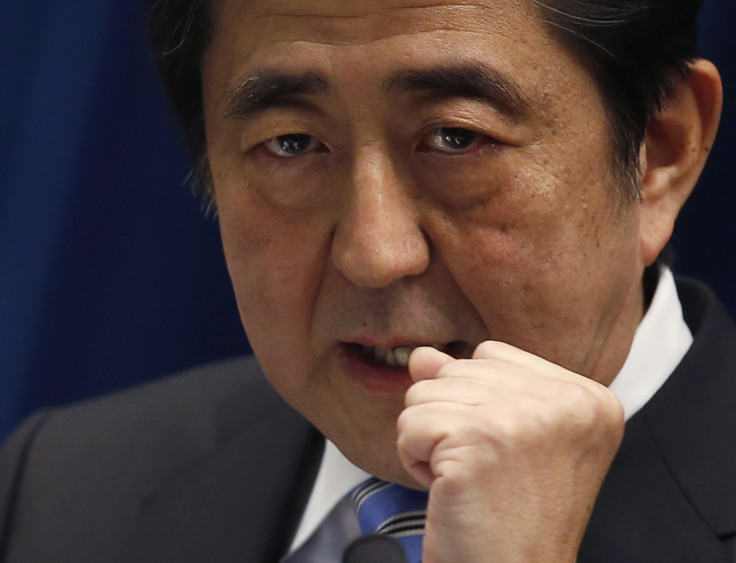Moody's cuts Japan's credit rating on doubts about fiscal targets and debt reduction

Moody's Investors Service has downgraded Japan's credit rating, citing increased uncertainty over the country's fiscal targets and debt reduction plan.
Moody's has cut the rating by one notch to A1 from Aa3, which puts Japan on par with Israel and the Czech Republic. The outlook on the rating is stable.
Moody's listed three key drivers for the downgrade decision.
- Heightened uncertainty over the achievability of fiscal deficit reduction goals.
- Uncertainty over the timing and effectiveness of growth enhancing policy measures, against a background of deflationary pressures.
- Increased risk of rising JGB yields and reduced debt affordability over the medium term.
"While monetary expansion has boosted domestic aggregate demand to some extent, the consumption tax increase on April 1 2014 has exerted even more powerful downward pressure," the rating agency said.
"At least in the short term, deficit reduction is undermining the growth revitalisation objective of Prime Minister Shinzo Abe's economic policy strategy."
Moody's added that the government's target of halving the primary deficit balance by fiscal 2015 from its fiscal 2010 level would be difficult to achieve.
Japan in April increased consumption tax in the country, leading to a sharp contraction in the economy in the second quarter, putting Japan's economy in recession for the third time since global financial crisis.
Rising uncertainty over the government's ability to enhance medium term growth through structural economic reform and doubts about its deficit reduction target could lead to an increase bond yields, Moody's added.
"The Bank of Japan's efforts to raise inflation to 2% may eventually put pressure on government bond yields and thereby raise government borrowing costs," the agency said.
"Rising interest rates would increase expenditure and offset gains from revenue buoyancy."
Japan's A1 rating and stable outlook are supported by its large, diverse economy, with "High" economic strength, Moody's noted.
"Although Japan's government gross financing requirements are far larger than other advanced country governments', contingent risks which could elevate further such financing needs are low and remote," it said.
Japan's healthy banking and corporate sectors, its moderate household debt and relatively sound labour market are adding to its positives, according to Moody's.
© Copyright IBTimes 2025. All rights reserved.






















